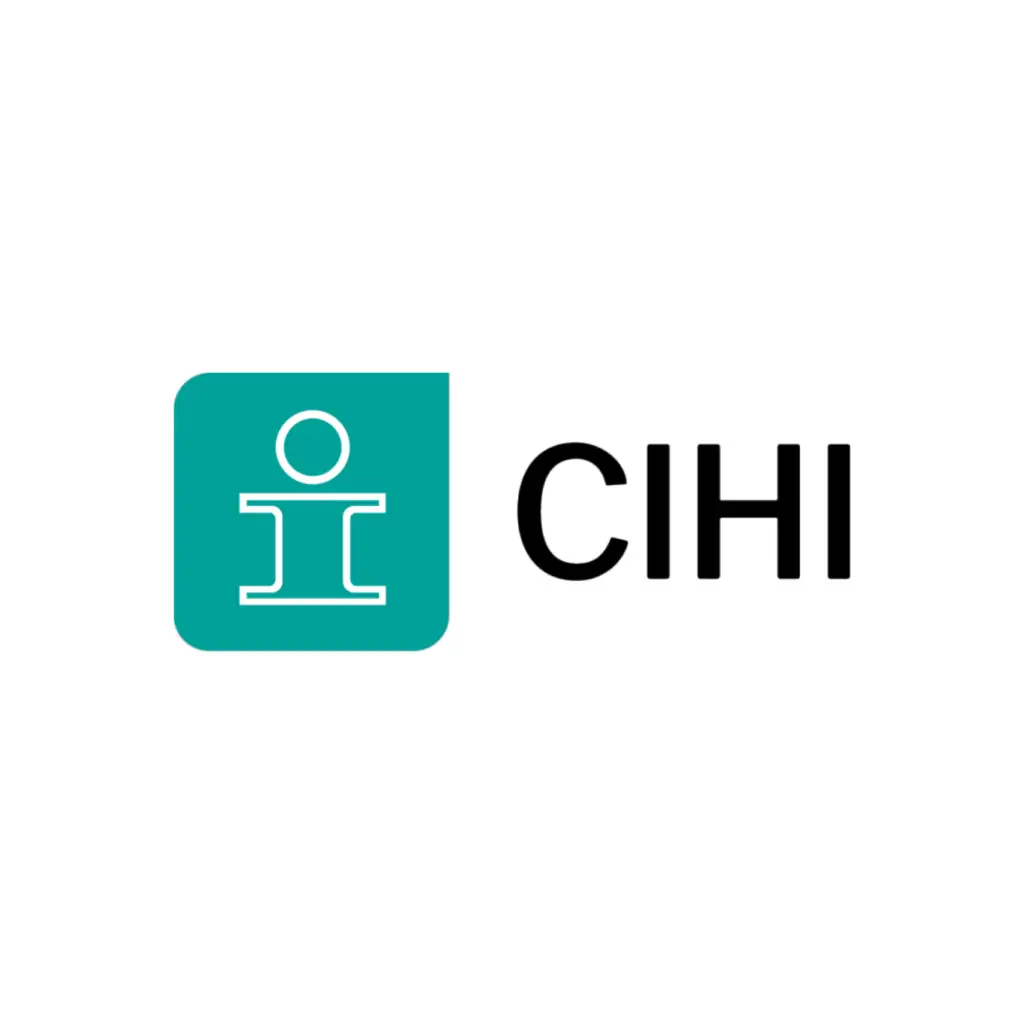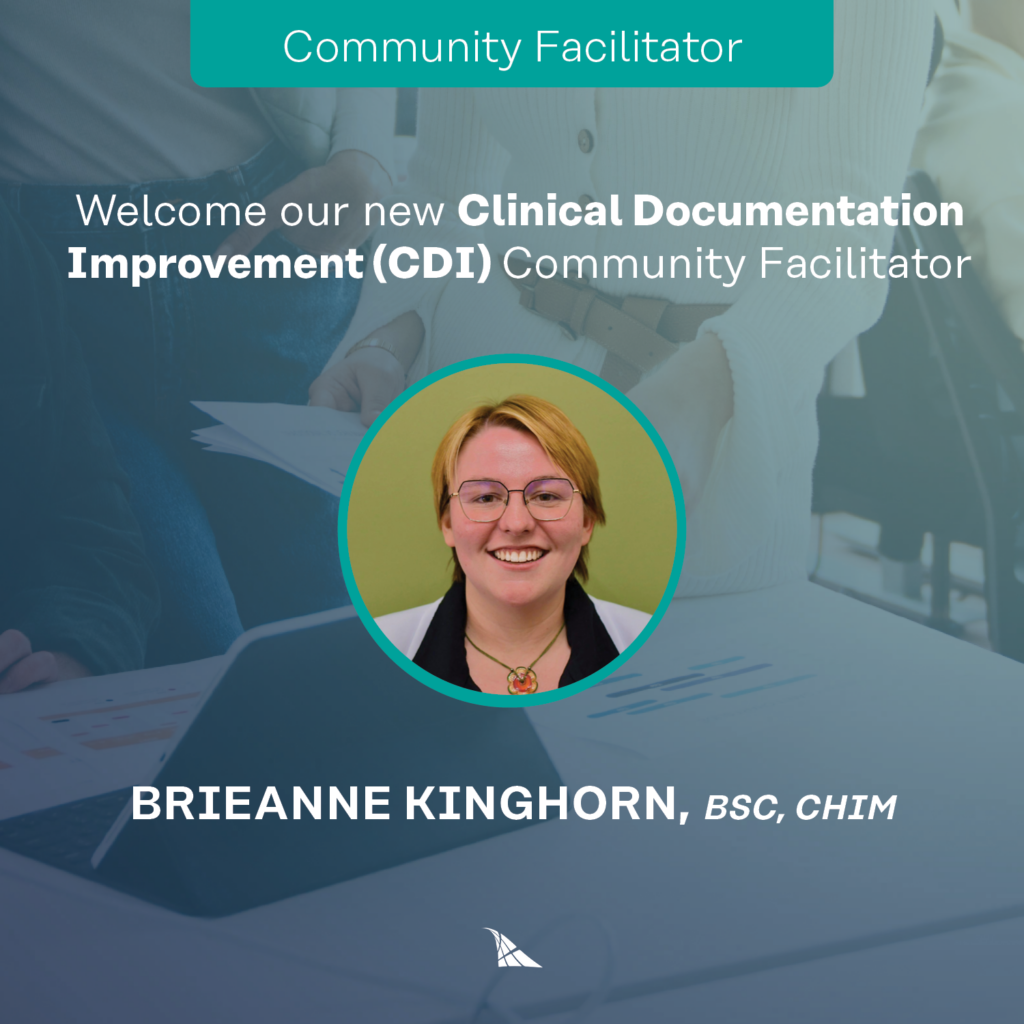
The 2025 Health Information Summit, held in Toronto on October 2nd, brought together leaders, innovators, and changemakers to explore the future of health information in Canada. Hosted by Health Information Canada, the event served as a platform for meaningful dialogue on transforming healthcare through data-driven insights, artificial intelligence, and collaboration.
Board member Cathy Eastwood attended the summit and shares key reflections from the day’s presentations and discussions.
Enabling a Data-Driven Health System
Dr. Michael Caesar from the University Health Network opened the summit with Charting the Course to Enable a Data-Driven Organization. He described how UHN’s five hospitals are embedding analytics and data governance across every level of decision-making. With initiatives focused on improving quality, safety, and care equity, Caesar highlighted the importance of data literacy, cultural alignment, and strategic prioritization in building a truly data-driven organization.
Artificial Intelligence: Promise, Pragmatism, and Ethics
Siuwin Wang explored the evolving landscape of AI in healthcare, examining where AI can create value—and where caution is still warranted. He outlined how predictive and generative AI tools are reshaping workflows. Still, he noted that success depends on strong leadership, ethical frameworks, and multidisciplinary collaboration to ensure technology advances patient care rather than complicates it.
Interoperability and Connected Care
From Canada Health Infoway, Abhi Kalra presented an update on Canada’s two-year interoperability roadmap. His team’s focus is on connecting digital health assets nationwide and reducing clinician burden through AI scribes and automation. Kalra’s message was clear: to unlock AI’s potential, Canada must first establish data quality and trust among healthcare providers.
Automation in Coding and Documentation
Akeela Karmali of Solventum (formerly 3M Health Information Systems) and Isa Wong of Beamtree discussed the shift toward computer-assisted in Canadian hospitals. These tools are enhancing accuracy, streamlining documentation, and allowing coders to focus on complex, high-value cases. Their presentations underscored how AI can complement—not replace—health information professionals.
Across all sessions, a unifying theme emerged: Canada’s health information ecosystem is entering a new era—one that pairs technological innovation with high-quality, timely health information to inform decision-making and human-centred care.
A big thank-you to all speakers, sponsors, and attendees who made this event possible and helped chart the course toward a more connected and healthier Canada.
Article contributed by: Cathy A. Eastwood, RN, PhD, CHIMA Board Member and Associate Director, Research & Strategic Partnerships at the Centre for Health Informatics in the Cumming School of Medicine at the University of Calgary.



